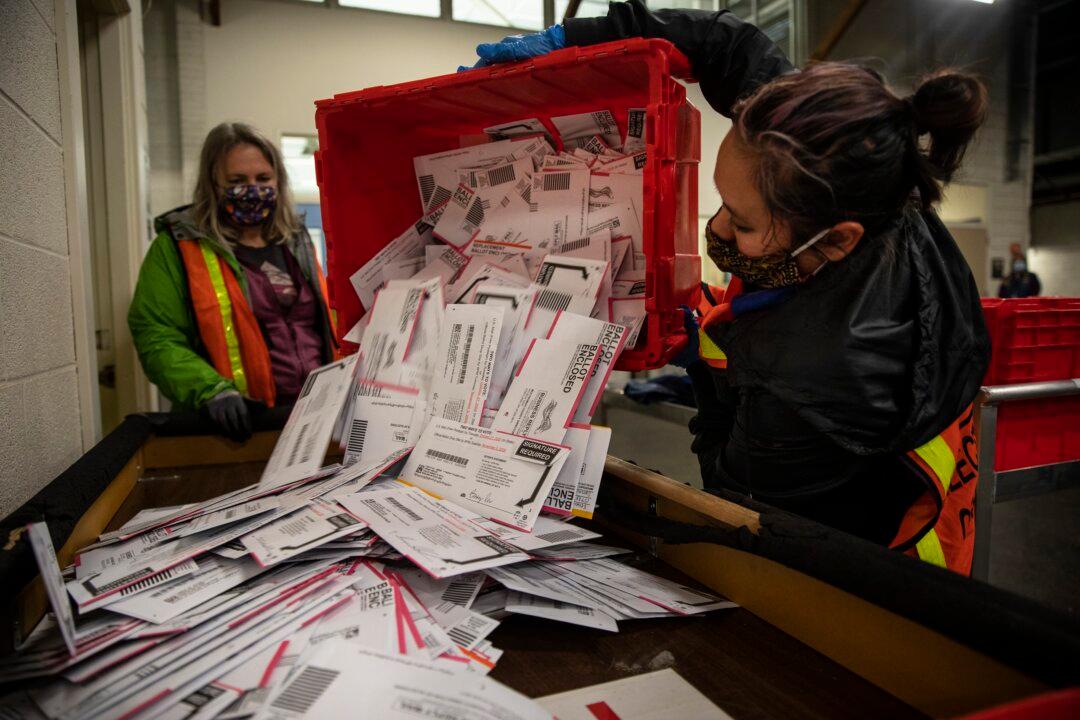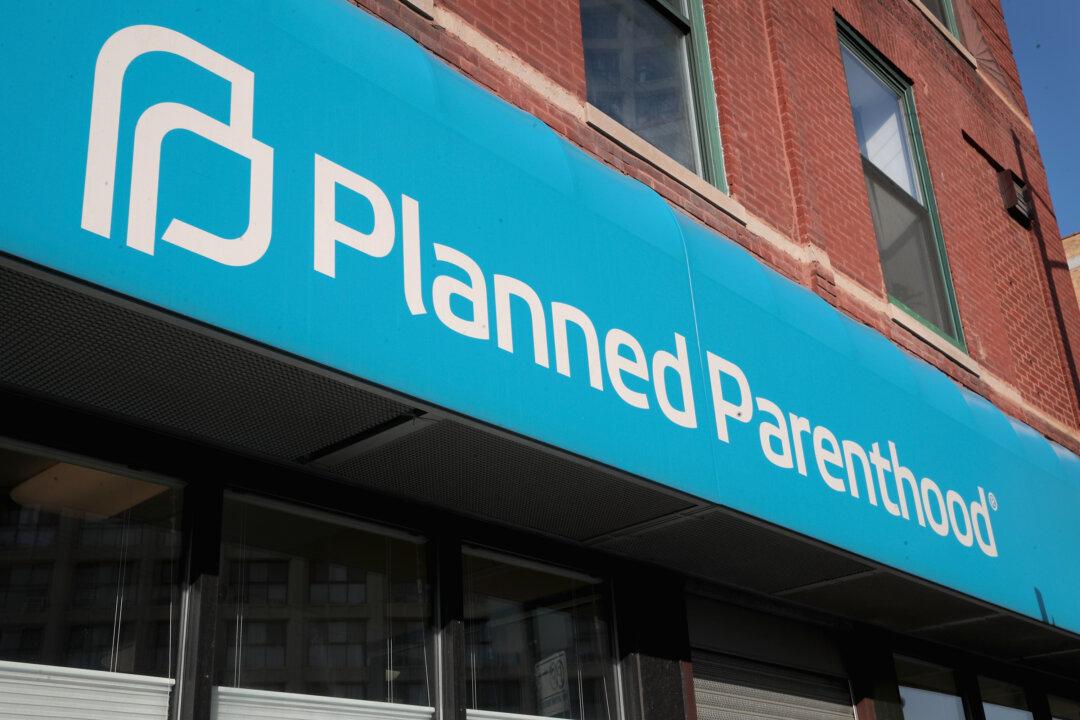Oregon becomes the latest state to put ranked-choice voting on the ballot, as the measure was passed on Sunday by state Democrats in one of their final actions of the 2023 session.
This move will give voters the final say on the November 2024 ballot and decide whether Oregon’s future statewide and federal races should be conducted with the increasingly popular election model.
Oregon is the first state in which the Legislature approved sending the question to voters.
In ranked-choice elections, voters identify their first choices on their ballots, then rank the other candidates in order of preference. If no candidate receives a majority of first-choice votes on the first count, the election moves to an instant runoff. The candidate with the fewest votes gets eliminated, and ballots cast for that candidate are recast for voters’ second choices. The process repeats itself until a candidate reaches a majority.





